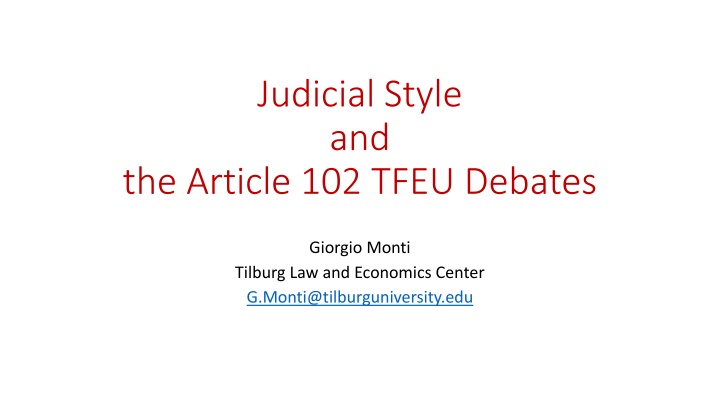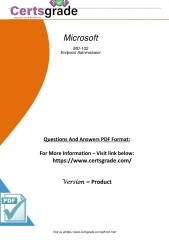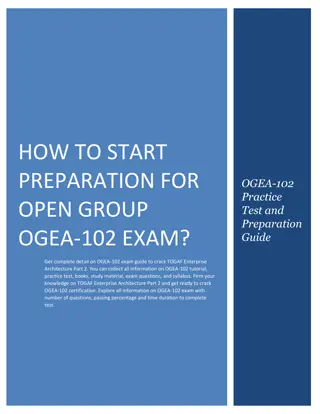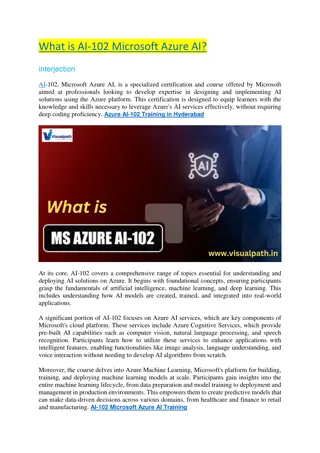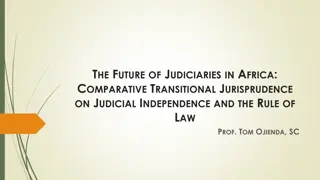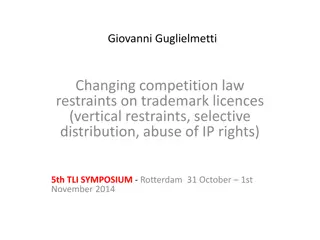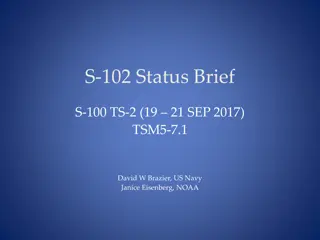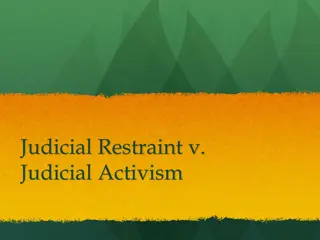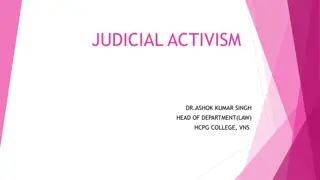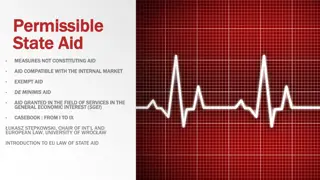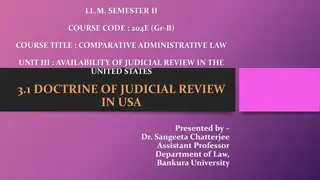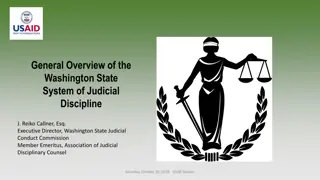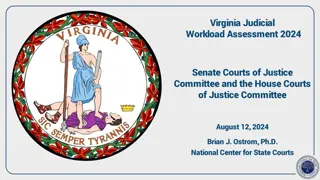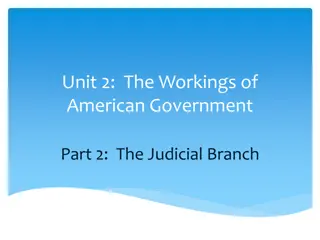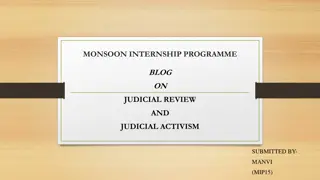Judicial Style and Article 102 TFEU: Mechanisms and Relevance
In-depth exploration of judicial style elements in relation to Article 102 TFEU debates, including mechanisms for overruling/settled case-law, referencing previous judgments, and constructing an exclusionary abuse standard. The discussion also delves into the importance of clarifying case-law, providing a novel approach to rebates, and analyzing the conduct of dominant undertakings in competition law.
Download Presentation

Please find below an Image/Link to download the presentation.
The content on the website is provided AS IS for your information and personal use only. It may not be sold, licensed, or shared on other websites without obtaining consent from the author.If you encounter any issues during the download, it is possible that the publisher has removed the file from their server.
You are allowed to download the files provided on this website for personal or commercial use, subject to the condition that they are used lawfully. All files are the property of their respective owners.
The content on the website is provided AS IS for your information and personal use only. It may not be sold, licensed, or shared on other websites without obtaining consent from the author.
E N D
Presentation Transcript
Judicial Style and the Article 102 TFEU Debates Giorgio Monti Tilburg Law and Economics Center G.Monti@tilburguniversity.edu
Elements of judicial style under discussion Mechanisms for overruling/departing from settled case-law Paragraphs with general principles Referencing previous case-law Efforts to construct an overarching exclusionary abuse standard
Intel: that case-law must be further clarified Serves to provide a novel approach to rebates (and which other?) forms of conduct Case T-286/09 RENV, Intel [124-127], clarifying the clarification Rebates: what is involved is, in that regard, a mere presumption If this is rebutted, then Having regard to the wording of paragraph 139 of the judgment on the appeal, the Commission is, as a minimum, required to examine those five criteria for the purposes of assessing the foreclosure capability of a system of rebates, such as that at issue in the present case.
How General are General Statements? a dominant undertaking has a special responsibility not to allow its behaviour to impair genuine, undistorted competition on the internal market (Michelin, 57) Originally: about dominance CMBT: about abuse 2009-2020 referenced in 10 out of 19 abuse cases: is its presence/absence meaningful? it is not the place of a dominant undertaking to dictate how many viable competitors are to be allowed to compete with it Less frequently cited (Tomra, Generics), but potentially more valuable?
Referencing previous case law with transformations the purpose of Article 102 TFEU more specifically is, according to settled case-law, to prevent conduct of a undertaking in a dominant position that has the effect, to the detriment of consumers, of hindering, through recourse to means or resources different from those governing normal competition, maintenance of the degree of competition existing in the market or the growth of that competition. Servizio Elettrico Nazionale [44], citing: Hoffman-La Roche [91]: no consumer detriment Post Danmark 1 [24]: reference to consumer detriment Generics [148]: no consumer detriment
A general abuse standard? If so, which? Unilever [39] abuse of a dominant position could be established, inter alia, where the conduct complained of produced exclusionary effects in respect of competitors that were as efficient as the perpetrator of that conduct in terms of cost structure, capacity to innovate, quality, or where that conduct was based on the use of means other than those which come within the scope of normal competition, that is to say, competition on the merits. Servizio Elettrico Nazionale [60] in order to establish that an exclusionary practice is abusive, a competition authority must show that, first, that practice was capable, when implemented, of producing such an exclusionary effect, in that it was capable of making it more difficult for competitors to enter or remain on the market in question and, by so doing, that that practice was capable of having an impact on the market structure; and, second, that practice relied on the use of means other than those which come within the scope of competition on the merits.
The as-efficient competitor TEST loyalty rebates, low-pricing practices in the form of selective or predatory prices and margin-squeezing practices, it is clear from the case-law that those practices must be assessed, as a general rule, using the as- efficient competitor test SEN [80] STANDARD Competition on the merits may, by definition, lead to the departure from the market or the marginalisation of competitors that are less efficient Post Danmark 1 [22] in a market such as that at issue in the main proceedings, access to which is protected by high barriers, the presence of a less efficient competitor might contribute to intensifying the competitive pressure on that market and, therefore, to exerting a constraint on the conduct of the dominant undertaking. Post Danmark 2 [60] Authorities cannot be under a legal obligation to use the as efficient competitor test in order to find that a practice is abusive Unilever [58]
Accounting for the ECJs style Keeping everyone happy The case law produced in Luxembourg is rightly criticized for its often stunted reasoning and its frequently oracular tone; but such shortcomings must be attributed to the need to render judgments that are acceptable to all the signatories . (Mancini, 2000) Judicial jargon Varieties of language by which it departs from earlier case-law Keeping options open Setting up points for later e.g. Superleague Lawyers fees cases Inputs (EC decisions, GC judgments & references from national courts) affect outputs
